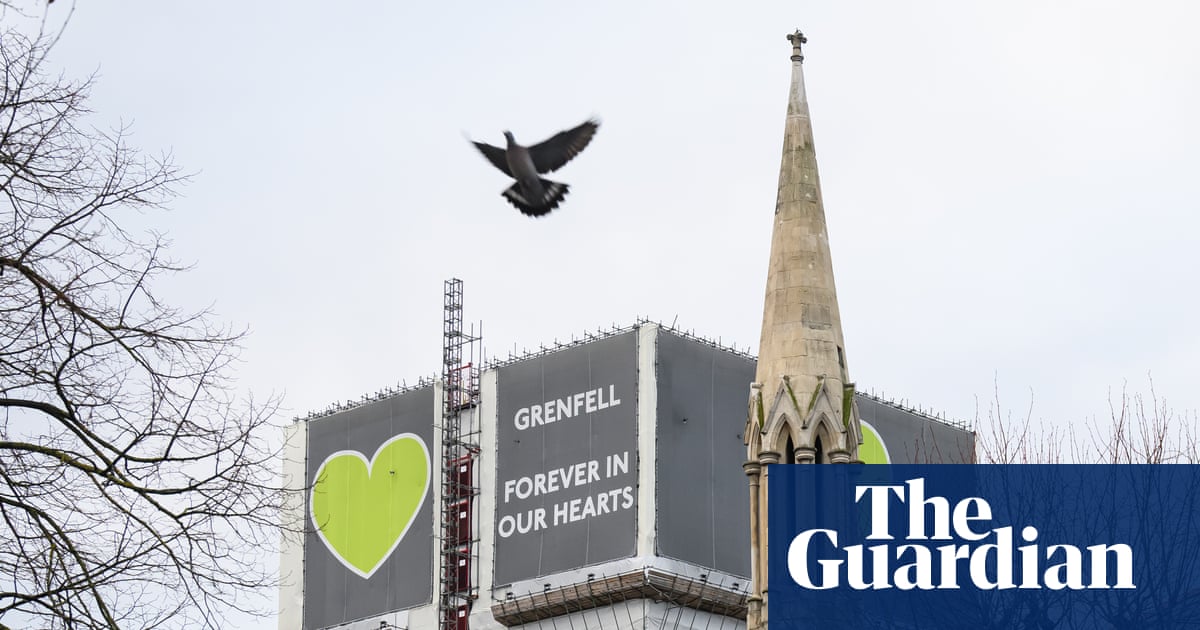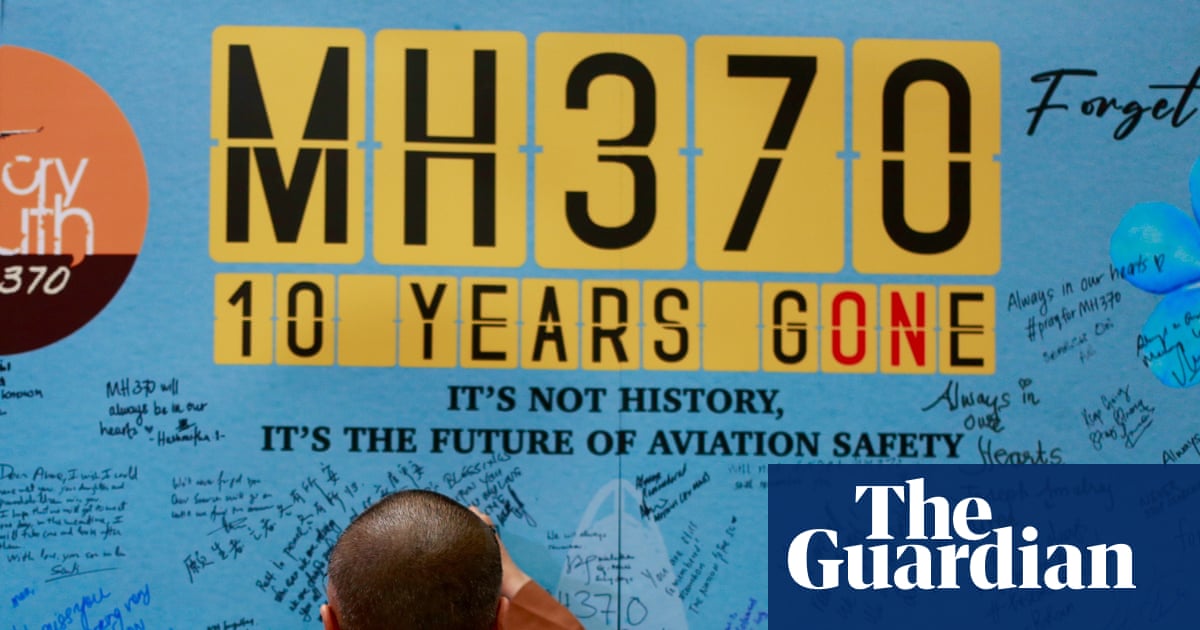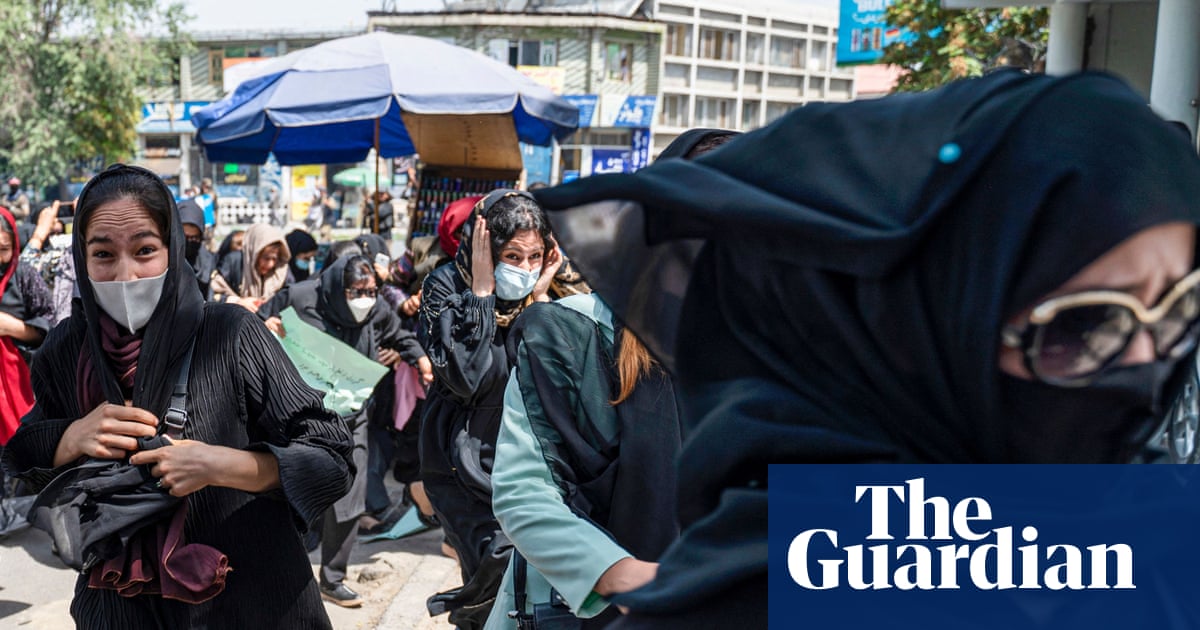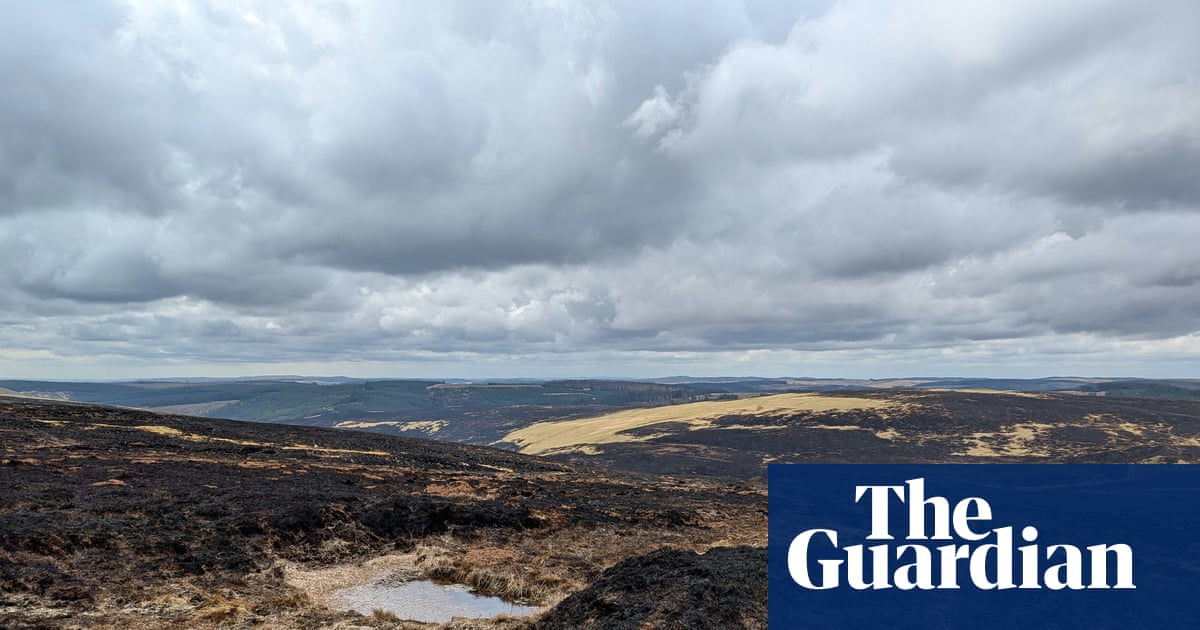A group of Palestinians will serve a legal petition asking the UK to take responsibility for what they call “serial international law violations”, including war crimes committed during the British occupation of Palestine from 1917 to 1948, the consequences of which it says still reverberate today.
The 400-plus page document, drafted by human rights KCs, details “incontrovertible evidence” of the UK’s unlawful legacy.
This includes the 1917 Balfour declaration, acting as an occupying power during the mandate period – an authority to rule the territory that it says had no legal basis – and the subsequent “systematic abuse” of the Palestinian people.
The submission says the Palestinian people face their gravest crisis since 1948, which Britain bears its own distinct responsibility for and so owes them a special debt.
Among the petitioners is the 91-year-old philanthropist Munib al-Masri, who was shot in the leg by British soldiers when he was 13.
The submission, served on the UK government on Sunday, marks the launch of a campaign, Britain Owes Palestine, which is pressing for official UK acknowledgment of wrongdoing, apology and reparations for what it calls a “century of oppression”.
A legal petition is a formal request to the government to act based on evidence and legal analysis, often used by victims of colonial wrongdoing. If the government does not respond it could lead to judicial review proceedings at the high court in London.
Al-Masri, a Nablus-born businessman, who was a close friend of the late Palestinian political leader Yasser Arafat, said: “The current crisis in Palestine was ‘made in Britain’ through a catalogue of neglect and abuse of the Palestinian people. Together we have suffered more than a century of oppression.
“Britain can only play its part in building a just peace in the region today if it acknowledges its defining role in the horrors of the past. An apology would be a just start to what Palestinians expect from the British government.”
His written statement, accompanying the petition, recalls British troops rounding up large numbers of men, escorting them through towns with their hands and feet bound with rope, and later holding them in cages prior to execution.
There is precedent for the UK government making concessions of the kind the petition calls for. On 31 March, it apologised for the Batang Kali massacre in colonial Malaya in December 1948, which was the latest of five such apologies.
The petition, which has been years in the making, says that Britain unlawfully failed to recognise an Arab nation in Palestine even though it had pledged to do so in the McMahon–Hussein correspondence, a contested series of letters exchanged during the first world war.
Britain is said to have unlawfully repressed the population of Palestine, particularly during the suppression of the Arab revolt from 1936 to 1939, by adopting a form of statutory martial law that subjected Palestinians to a pattern of murder, torture, persecution, arbitrary detention and other inhumane acts, committing war crimes and crimes against humanity.
Britain is also said to bear responsibility for the destruction of the single unitary territory of Palestine and for failing to protect and promote the rights of the indigenous Palestinian Arab people in its withdrawal. The petition is not concerned with contesting the post-1948 recognition of Israel in international law.
Ben Emmerson, a former UN special rapporteur on human rights and counter-terrorism and one of two KCs – the other being Danny Friedman – working on the case, said: “This petition demonstrates, by reference to a comprehensive analysis of contemporary evidence, the extent of British responsibility for the terrible suffering in Palestine, which can be traced back to Britain’s violations of international law during its occupation and subsequent withdrawal.
“These historic injustices continue to shape the realities on the ground today. Britain owes a debt to the Palestinian people. Today’s petition is based upon the international obligations of the United Kingdom to make amends.”
All 14 of the petitioners have been affected by Britain’s alleged violations and the dispersal of Palestinians, and several lived through them.
As a 14-year-old, Saeed Husain Ahmad Haj witnessed Israeli paramilitary Haganah forces entering his village of Tireh Dandan in what is now the district of Lod in July 1948.
The incursion was part of Operation Dani, which led to his family’s expulsion to the Balata refugee camp in Nablus where Haj still lives.
The action seeks accountability based on the standards of international law that applied at the time of the British occupation and the Balfour declaration, in which the British government pledged to establish a Jewish homeland in Palestine.

 3 months ago
57
3 months ago
57

















































